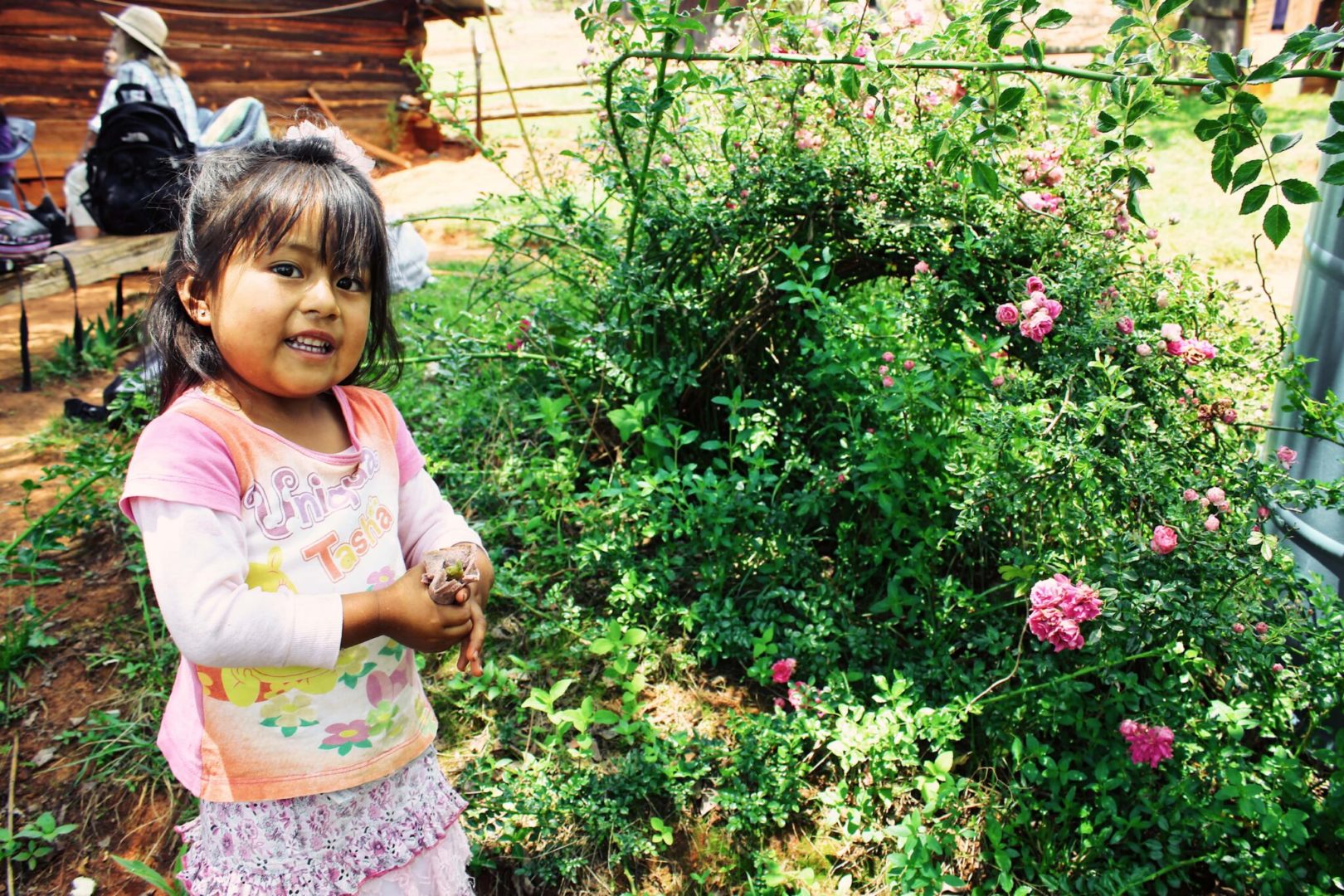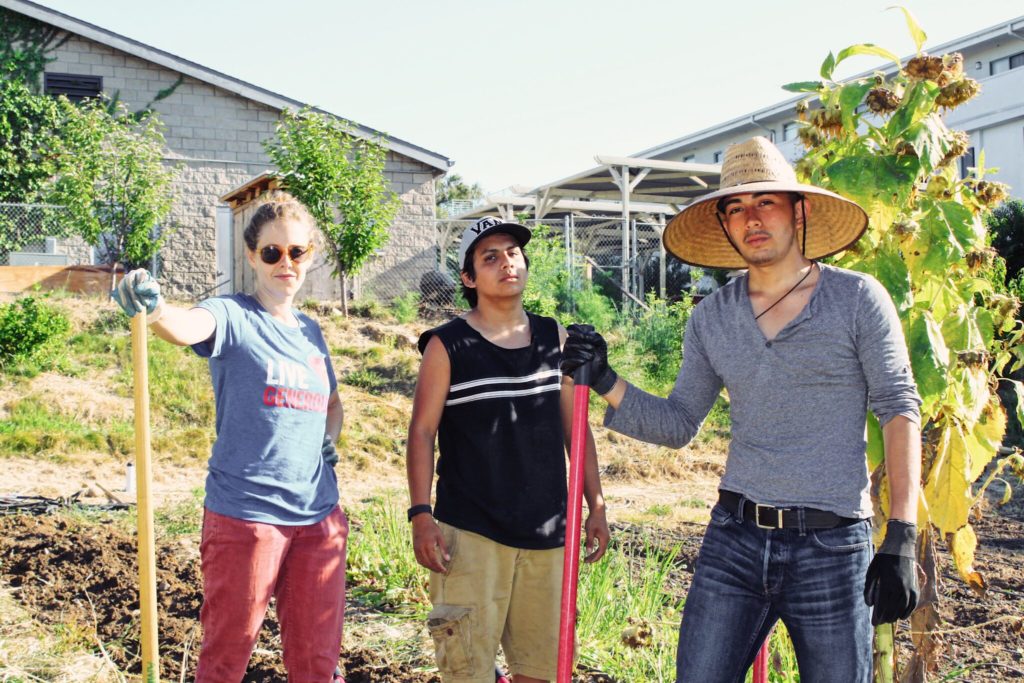Sustainability isn't a chore, it's a calling
Future generations will be living the world we shape through our actions. Today, there are many reasons to be concerned.
People all around the world are consume resources that are disproportionate to their population size. A recent study done by Washington State University, revealed that the United States of America, despite being home to only five percent of the world’s population, consumes 24 percent of the world’s energy.
In order to reverse these trends, we need to stop thinking of sustainability as a reaction, and instead treat it as a calling. Shortening one’s showers to save water, biking to work to reduce carbon emissions, and recycling one’s newspaper to save trees are all applaudable actions, but we as humans need to transform our thinking. We need to go from seeing sustainable actions as a chore, to seeing sustainable choices as a calling.
Ultimately, this perspective leads to sustainability becoming a lifestyle so that our kids and grandkids can have a quality life.

Sustainability allows us to share God's love with future generations
Here at Plant With Purpose, our vision is to create lasting, holistic transformation in rural communities experiencing poverty and environmental degradation... and we believe that spiritual renewal plays a big part in this. As an environmental organization working through the lens of Christian faith, we believe that our efforts against poverty, climate change, and deforestation aren’t just about solving problems. They’re about restoring relationships. All these issues reflect fractures in the relationships all of creation was meant for: relationships between people and God, people and creation, and people with each other.
The synergy between farming, savings, and spiritual growth goes beyond collaboration with churches. We offer a curriculum that helps people to understand their importance in God’s eyes, to realize the value of their work, and to appreciate their role in loving their neighbor and caring for God’s creation.
Through our curriculum, church leaders are taught more about their calling to be salt and light to their communities: to care for the widow, the orphan, and the stranger in their midst. They are encouraged to consider the needs of their neighbors and turn outward to meet those. This has not only contributed directly to church growth, but it has also resulted in a wide variety of church-led initiatives which would otherwise fall outside the scope of our own immediate work.
One of the greatest examples we see of spiritual renewal taking root in our partnering communities is when we hear stories of relationships between different community members and family members being restored. In many of the places we work, reconciliation in interpersonal relationships can be an ambitious goal. Many of the extreme stresses and uncertainties that are common in places experiencing high levels of poverty and degradation take a heavy toll on relationships between relatives and neighbors.
As Christians, our appreciation for the Earth's Creator should put us on the front lines of protecting the environment.
In a recent piece by the Action Institute, a group of theologians outlined: “Our stewardship [of creation] under God implies that we are morally accountable to Him for treating creation in a manner that best serves the objectives of the Kingdom of God.”
Many times, we view creation as something designed with the purpose of benefiting humankind. While God's design allows for human flourishing, we can easily lose sight of the importance of the rest of creation. God doesn't call us into anthropocentrism (humans at the center of everything), but a perspective that places God at the center, and all other forms of life in harmony.
Environmental stewardship allows us to participate alongside God, caring for the systems that were designed as an expression of love. Good stewardship highlights the beauty of creation and honors its Creator.

Scripture calls us to care for Creation
Creation Care allows our world to see God's love.
In Genesis 1:31, "God looked over all He had made, and He saw that it was very good!” How often do we take the time to look at creation and admire it? Our actions frequently fail to express a similar admiration which God upholds for His creation
When overconsumption threatens the lives of millions around the world, things need to change. The Church is called to be a leader in making this change. Right now, the Church can demonstrate God's love for creation through bold acts of stewardship.
Every hour, 1600 acres of dry land becomes a desert. It is not enough for us to suggest sustainable practices. We need to remember that environmental stewardship is an urgent calling. If the Church were to fully recognize environmental stewardship as co-participation in God's love for the world, imagine the impact that would have on the planet!
This is our calling, and it is one that is rooted deep within us. To care for the earth is to care for its future generations. To care for the earth is to show all people the beauty of God's love.
Why Spiritual Renewal?
Part of the formula that makes our work effective is the synergy between economic empowerment, provided by savings groups, and the existing income opportunities each participant can build upon by improving their farming yields. Regenerative agriculture training, taught through Farmer Field Schools, helps farmers recognize the potential of investing time and money into their farm.
People often wonder where spiritual renewal fits within that cycle. Some have even gone so far as to refer to it as a “bolt-on” addition that has little to do with the rest of our work. That impression is perhaps reinforced by the fact that faith-related activities are not obligatory for participants. Our team reaches out in love, serving everyone, regardless of their belief. We don’t require anyone to sit through a sermon, participate in a Bible study, or attend church. We want to offer people the opportunity, but not the obligation, to learn about the hope we have in Jesus, and we want to ensure that is done with gentleness and respect.
However, as interested members participate, it becomes the “secret sauce” that really transforms individuals, groups, and entire regions. Participants and nonparticipants alike benefit from a renewed sense of personal value, purpose, unity, and restoration of neighborly relationships in a community. In addition to the eternal consequences of spiritual renewal, there are overwhelming practical impacts of this facet of our work.


















I find the thought of Earth Stewardship creeping into my thinking quite a bit - maybe I'm being called to take it more seriously, perhaps as a secondary task after "seek first the kingdom of God". Thanks for laying the doctrines out clearly, namely that God is to remain the center of the effort.
Creation Care is explicitly commanded of mankind from the very beginning (Genesis 2:15). It is probably the best outward expression of how we love God, his people and his creation. It is still a pertinent instruction today, the neglect of which has led to global climate, economic and social crises.